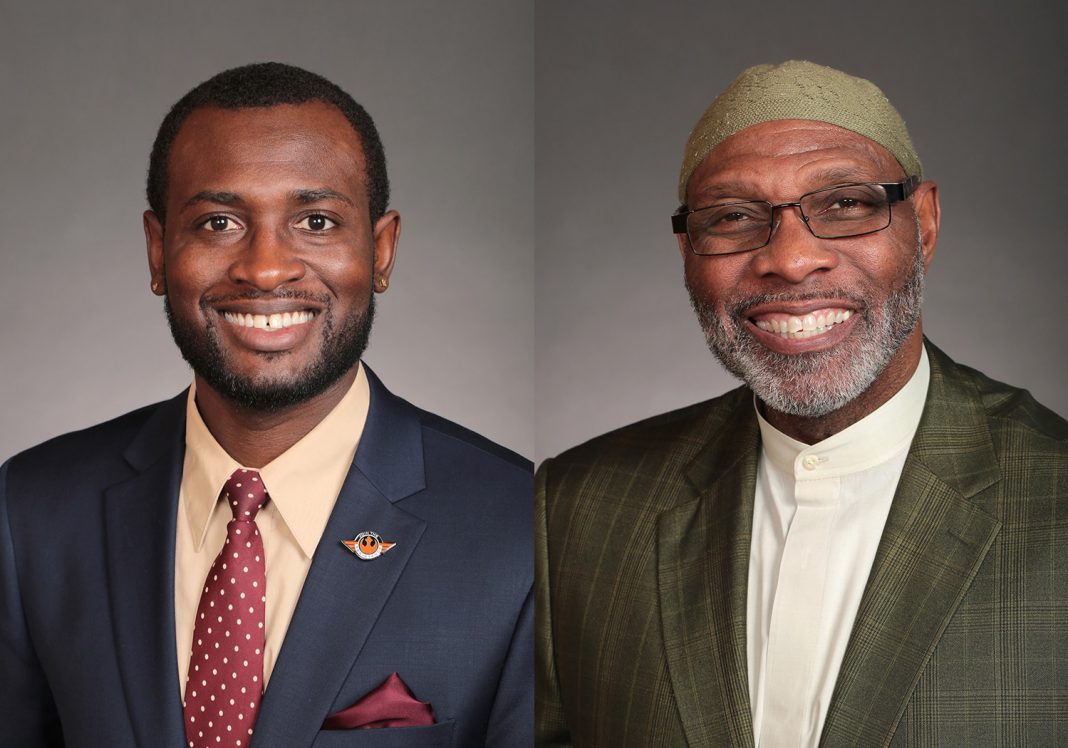Thursday night, before legislators in the Iowa House headed home, they debated House File 2504. The bill requires a governmental entity reviewing, investigating or deciding whether there has been a violation of any law, rule or policy prohibiting discriminatory acts to take into consideration the definition of antisemitism set forth in the bill to determine if an alleged act was motivated by discriminatory antisemitic intent.
Rep. Brian Lohse (R-Bondurant) floor managed the bill. He cited historic levels of anti-semitism from 2018 as a reason to support the legislation. The legislation, Lohse said, codifies the International Holocaust Remembrance Alliance’s working definition of antisemitism. The definition, Lohse said, is used by the U.S. Departments of Education, Justice and State and was adopted in 2010 under President Barack Obama.
The bill provides state officials with an objective definition contemporary anti-semitism, which is needed to ensure proper assessment of criminal and discriminatory incidents motivated by antisemitism.
Lohse said it does not create a new classification or expand any legal protections.
“It merely implements an objective definition of contemporary antisemitism,” he said. “It fills a gap in our Code.”
Representatives Ako Abdul-Samad (D-Des Moines) and Ras Smith (D-Waterloo) attempted to amend the bill to include more than the Jewish community.
Smith said crimes motivated by antisemitism or Islamophobia or any other intent should not be tolerated in Iowa. He said any discriminatory intent against a religious belief of an evangelical Christian, atheist, agnostic or any other religious belief shouldn’t be tolerated.
His amendment, he said, would be inclusive of religious beliefs and does not pick winners and losers or pander to a specific group.
Abdul-Samad said the amendment is the moral consciousness of what all the legislators should believe. He said religious hate crimes have plagued America. He too talked about anti-semitism as well as Islamophobia.
“No one in this chamber today I believe is anti-semitic,” Abdul-Samad said. “We all want what is right. We all want justice. We all want equality. We all want hate to stop today. Unfortunately, it doesn’t stop.
“We’re preparing a way and a path so generations that will come after us, and as we continue, that we will provide a path for it to stop. But, just to include one religious group that sets a process that I don’t think we want to have set up. That’s what this amendment does. It sets the process up so we’re saying you are just as important to us as any group. But we want hate to stop now.”
Neither amendment passed as both were ruled not germane.












